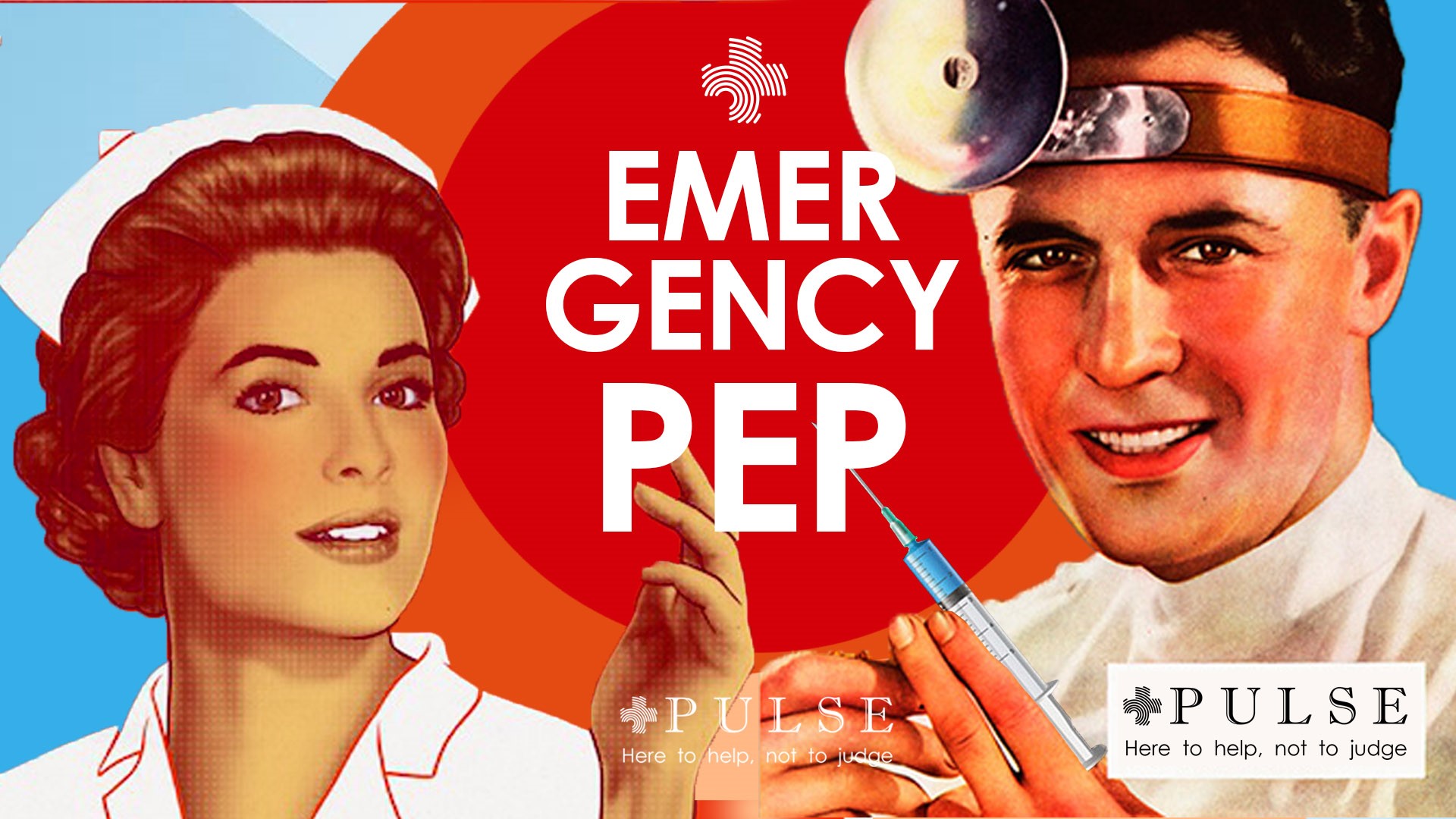PEP (Emergency PEP)
65984
Condom broke, no worries, PULSE clinic is here to offer emergency help for you 7 days a week.

Trust PULSE CLINIC to take care of your health like other 45000 people from over 130 countries. We provide discreet professional service with high privacy. Here to help, not to judge.